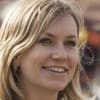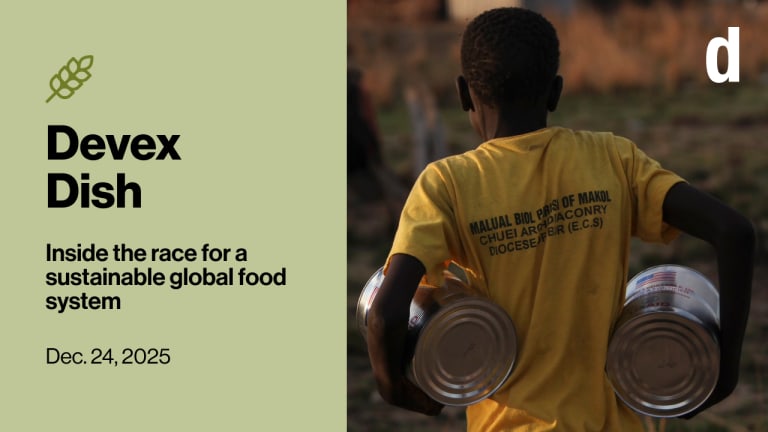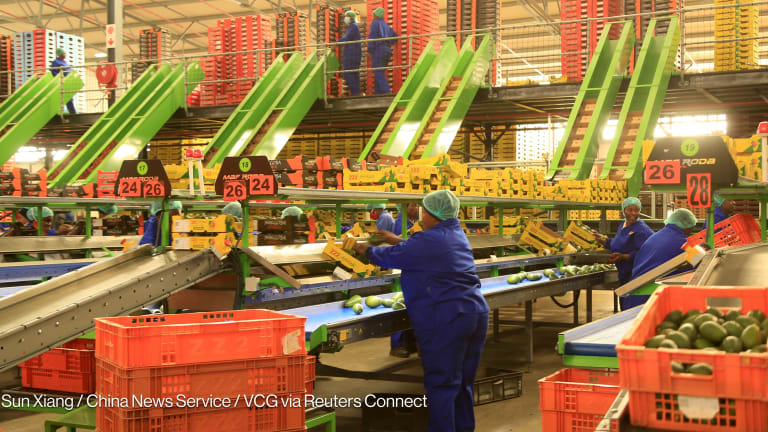
The transformation of South Korea from aid recipient to aid donor has been an inspiration to me since researching Korea for my master’s dissertation. In Busan lasat week for the Fourth High Level Forum on Aid Effectiveness, I saw first-hand the economic miracle which has occurred since the devastating conflict in the 1950s. I left with my usual optimism about Africa reinforced.
When Korean President Myung-bak Lee was a child, his country was one of the poorest in the world. Now Korea is one of the world’s economic powerhouses. And as Tony Blair said in the Washington Post last week – and last week’s brilliant Economist article shows – there is no reason why African countries can’t transform themselves in the same way.
With more than 2,000 people from 160 countries, including development wonks, government delegations, civil society activists, parliamentarians and the private sector, HLF4 was always going to be crowded with different viewpoints. And different people will take away different stories, depending on what they went to Busan wanting to hear. It’s clear that there were some big outcomes from the meeting – important new developments on aid policy towards fragile states, on transparency, and on the international aid architecture.
But as a newcomer to aid summits, there were three stories which resonated for me.
First, I felt a welcome sense of urgency and optimism, particularly from the African delegations I met in Busan. Many African leaders – and certainly those Africa Governance Initiative works with in Sierra Leone, Liberia, Rwanda and now Guinea – have a clear vision for the development change they want to achieve in their country. They are taking the tough and often unpopular decisions needed to make things happen.
They have unprecedented support – as Bill Gates has said, if donors meet their commitments they will generate an additional $80 billion of aid every year. But as we heard from Amara Konneh, the Liberian minister of planning, speaking at the panel AGI hosted with USAID, “The binding constraint is the capacity to deliver.”
In a world of scarce resources and government capability depleted by conflict and poverty, countries like Liberia need support to build their capacity to “get the damn thing done,” as Tony so eloquently put it at our event.
Second, I often say that what we at AGI want to see is country ownership becoming more than a slogan. At Busan, African leaders were demanding the same thing.
In his keynote address, President Paul Kagame challenged donors to build not by-pass country systems: “There is still resistance on the part of some donor countries to channel their aid through national systems… Why not use aid to build up and strengthen such critical systems?”
Kagame went on to single out AGI as one of a handful of partners to Rwanda who have provided the kind of support his country needs to develop. According to him, our work balances “fast implementation of development programs and transfer of skills.”
The international community gets this too: U.N. Secretary-General Ban Ki-moon spoke about country ownership as one of three principles for more effective aid.
Finally, the development model is shifting – and for the better. With the presence of a new generation of African leaders, crystal clear about what they want from aid, the prominence of new donors, south-south and triangular partnerships, the flow of private capital into Africa, and the involvement of business and philanthropic foundations that push the boundaries of innovation in development, the old model of the rich north giving to the poor south has been replaced by a new global partnership.
In the 1960s, official development assistance represented 70 percent of the capital flows going into developing countries, as U.S. Secretary of State Hillary Clinton pointed out. Today it is just 13 percent.
Now, accountability flows both ways, from recipient to donor and from donor to recipient. As Brian Atwood of the OECD put it: “We are no longer a world of donors and recipients, we must be a world of partners.” The emergence of this new landscape fulfils the call for change made in the 2005 Commission for Africa report.
Outside of the noise of the BEXCO building, I realised that when I researched Korea all those years ago, I overlooked something vital. Something which drives the work we do at AGI. Leadership. Without it, Korea would not be where it is today. And if Africa is to meet its potential, it too needs leadership. It needs serious, effective leaders to make the right decisions and capable governments to see them through.
Read more reflections on Busan:
We Came, We Saw, We Conquered! by Richard Ssewakiryanga
Historic Gathering Puts Spotlight on Innovative Financing for Development by Rolf Rosenkranz
A World Free from… Aid? by Sara Messer
From Aid Effectiveness to Development Effectiveness by Richard Ssewakiryanga
Gender Equality and Women’s Rights Beyond Mainstreaming by Alexandra Pittman
Development Through and for the People by Antonio Tujan Jr.
The Source of Innovation by Brian Atwood
Mashing Economists and Venture Capitalists to Innovate in Development Assistance by Maura O’Neill








